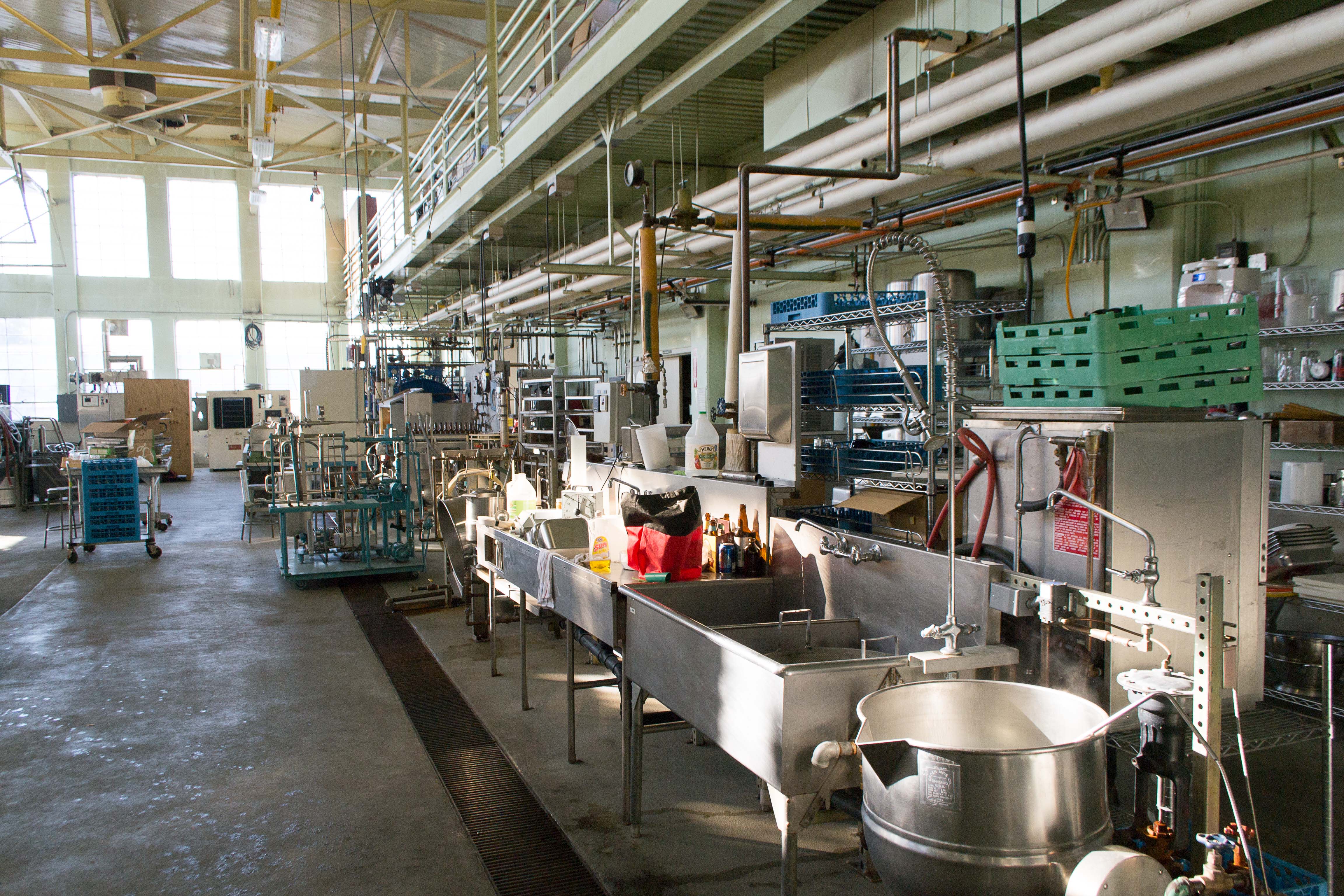
Photo from academic.microsoft.com
Cardiovascular diseases (CVD) remain a serious public health problem and are the primary cause of death worldwide. High-density lipoprotein cholesterol (HDL-C) has been identified as one of the most important… Click to show full abstract
Cardiovascular diseases (CVD) remain a serious public health problem and are the primary cause of death worldwide. High-density lipoprotein cholesterol (HDL-C) has been identified as one of the most important molecules in the prevention of CVD due to its multiple anti-inflammatories, anti-atherogenic, and antioxidant properties. Currently, it has been observed that maintaining healthy levels of HDL-C does not seem to be sufficient if the functionality of this particle is not adequate. Modifications in the structure and composition of HDL-C lead to a pro-inflammatory, pro-oxidant, and dysfunctional version of the molecule. Various assays have evaluated some HDL-C functions on risk populations, but they were not the main objective in some of these. Functional foods and dietary compounds such as extra virgin olive oil, nuts, whole grains, legumes, fresh fish, quercetin, curcumin, ginger, resveratrol, and other polyphenols could increase HDL functionality by improving the cholesterol efflux capacity (CEC), paraoxonase 1 (PON1), and cholesteryl ester transfer protein (CETP) activity. Nevertheless, additional rigorous research basic and applied is required in order to better understand the association between diet and HDL functionality. This will enable the development of nutritional precision management guidelines for healthy HDL to reduce cardiovascular risk in adults. The aim of the study was to increase the understanding of dietary compounds (functional foods and bioactive components) on the functionality of HDL.
Journal Title: Nutrients
Year Published: 2021
Link to full text (if available)
Share on Social Media: Sign Up to like & get
recommendations!